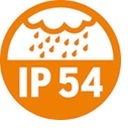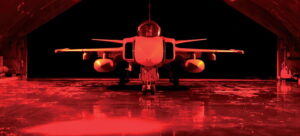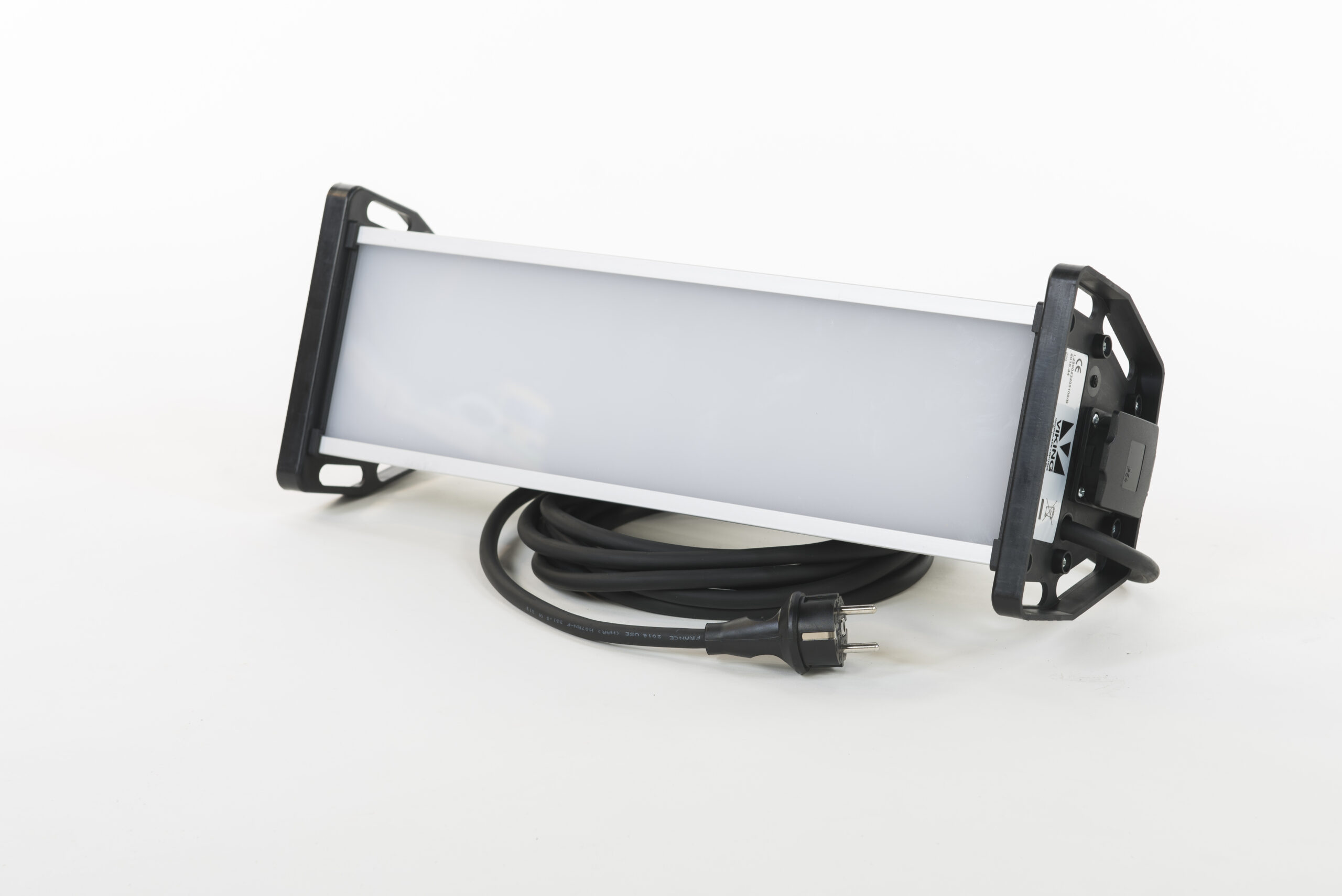LED LIGHTING WHITE or RGB IP54
VIKING LED Lighting WHITE or RGB light color, IP54
Fixture, plugs, sockets, and switches in Ip54.
Portable and durable lighting fixture is LED Lighting WHITE RGB light color, IP54. Recommended for military personnel. Find more products for the defense sector: https://vikinglighting.com/en/zestawy/viking-lighting-for-defense-forces/
What’s new?
We have recently developed a new VIKING Lighting, which allows us to generate white and RGB light.
RBG stands for light colors where:
- R stands for red, wavelength 620 nm
- B for blue, wavelength 520 nm
- G for green, wavelength 470 nm.
In addition, the switches are white, and the RBG light, plug, and socket are IP54.

Why different light colors?
The use of different light colors is popular among military personnel. Usually, the defense forces use lamps with white light color. To ensure comfortable work, the lamp should give natural light. As you know, natural light is defined as natural white with a light temperature of 4000°K. More on color temperature in link https://en.wikipedia.org/wiki/Color_temperature
What does the military use red light for?
What does the military use blue light for?
Basic parameters: Blue light wavelength (470 nm).
Blue light is the only light that can cut through fog. This is why it is widely used for fog headlights. NVG-colored LEDs are valid for military pilots. Moreover, for those with special equipment designed to work with NVG lights.
Blue LEDs are often used for night-time map reading. However, the blue LEDs are valid for pilots and other personnel who need to read maps at night. Also, it is essential to underline that blue light is suitable for night vision goggles. Remember that red light causes a massive glare when under night vision goggles. Therefore, along with white light, the military will use green light for the same reason, especially in aviation.
What does the military use the green light for?
As we mentioned earlier, defense forces have used red light for decades. The military chose red as the best choice.
Recently, there has been a move to green and blue-green light. Again, this was primarily caused by the military’s change to green.
Primarily, this is because it has been motivated by the increased use of night vision equipment.
As it turns out, green light offers some advantages over red in retaining night vision capability.
Red or green light?
You must know that the light’s total brightness, or illumination level, significantly impacts night vision. In normal conditions, retention has a less significant effect than the alternative of red or green. However, for the defense sector, it becomes more complex.
Interestingly, human eyes are more receptive to green light. People gain better visual acuity at lower light levels than when using red light. Apart from that, green light color allows for differentiation between colors that red does not.
For example, aviation charts use magenta. The charts are readily readable under green light, which is not always valid with red.
Both reasons contribute to the fact that pilots and many others prefer green over red. Because it simply makes it easier to see and read in the dark cockpit.
Some tips about night vision:
Ideally, you want to use only bright light, red or green, as necessary to perform your chores. Assume that you have a brighter light than you need a green light and a red light. A brighter green light will generally have a more negative effect than an equally bright red light.
One should know that green or blue-green has a greater capacity to affect night vision adversely. This is because the eye is about 100 times more sensitive to these colors. So, even moderately too bright light can have a severe deleterious effect.
Summing up, the potential problem is with the actual illumination levels we use, not the color of the light.
Therefore, the brighter the light, the more harmful it impacts night vision. Note that this refers first to our capacity to see and second to how long it takes to regain optimum night vision. This is true regardless of whether it is red or green.
VIKING LED RGB or white!
We recommend VIKING Lighting RGB or white due to its versatility. The user decides how the lights work, which will be implemented immediately. The switcher tool helps you quickly access the device and thus ensure access to it.
Cable?
Typically, we use cable 5m oil-proof H05RN-7 3G1,5 or 3G2.2 H07RN-7. On-demand, we can customize it. On other customizations and offers please get in touch with us https://vikinglighting.com/en/call-us-today/

-
Light SourceLED Panel
-
Wattage11
-
Light Color / Temperaturewhite / 4000K
-
Lifetime of light sources40000h
-
Weight1.4 kg without cable
-
Measurements (mm)480X180X128
-
Enclosure classIP54, Unischuko Style IP54
-
Luminous flow1600 Lm
-
Colour Rendering IndexRa 80/86
-
Cabel5m oil-proof H05RN-7 3G1,5
-
Plug/SocketUnischuko Style IP54
-
BallastLED
-
ApprovalsCE
-


